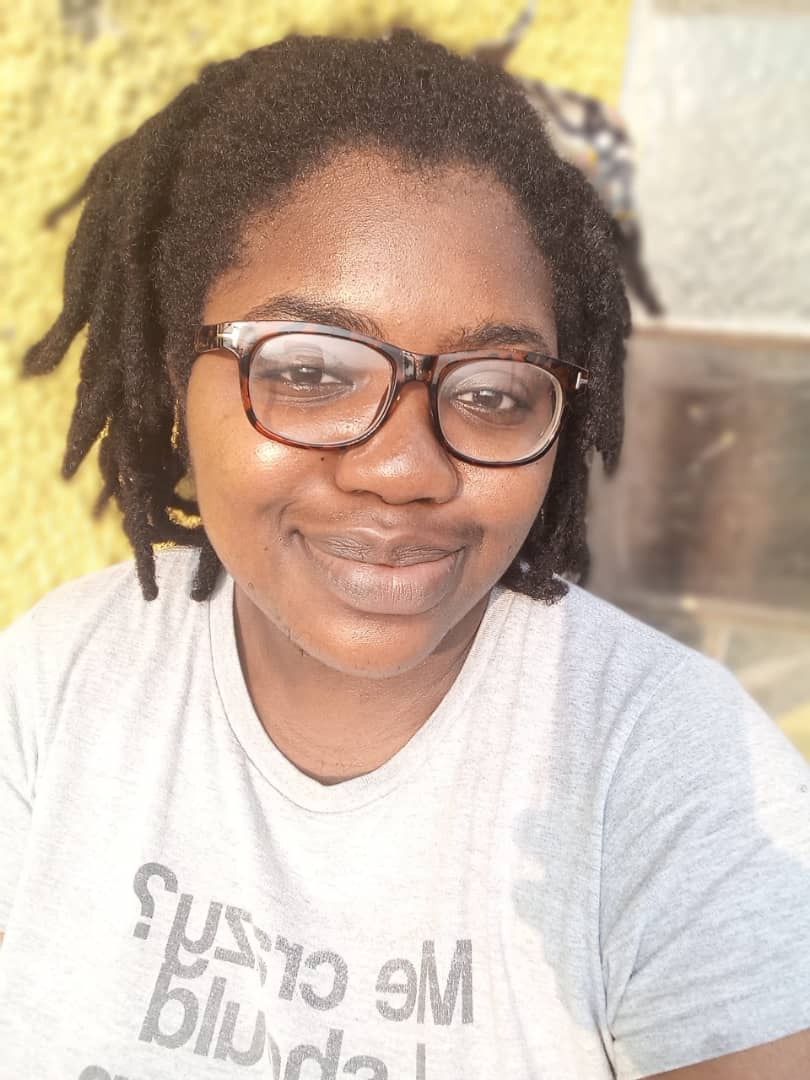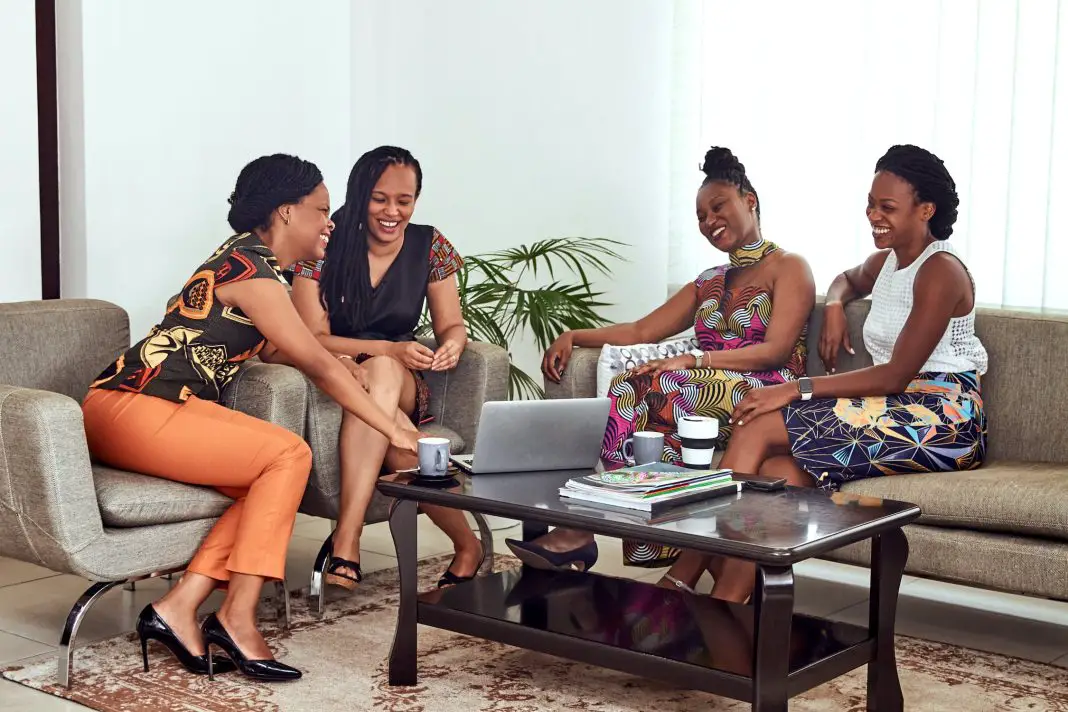If there are books on Nigerian immigrant life that any woman must read, then Better Never Than Late by Chika Unigwe tops my list.
Set in Belgium, the collection follows the lives of some Nigerians in Belgium and the ways in which racism, domestic violence and the loss of children affect their outlook to life and resilience.
In one of the stories, a divorced man had a daughter who told him that she could never be a teacher because Black people were not teachers. This was because all her teachers were white. The irony of the situation, was that her mother and his wife who he had refused custody of her kid, had become a teacher in another part of Europe shortly after leaving him.
I often think of that story each time I see people on social media talking about why women cannot be this or that because there aren’t many women seen doing that. For instance, if young girls in Nigeria never see a woman be President, it instills in them the idea that being a President is something reserved for only men.
Even worse, it makes them lower themselves and accept a subpar position when all around them, the representation they see of women are stories of women abandoning their ambitions in the wake of marriage and children.
Personally, I am a living example of the power of representation. When I was in secondary school, I nursed the dream of going into multimedia journalism. I admired journalists and presenters like Isha Sesay, Maria Okanrende, Oreka Godis and Marcy Dolapo-Oni. I also had a sticky note on my laptop where I wrote the names of women I admired and looked at that note each morning.
That note was to come in handy when I went to the career counsellor’s office for advice. While there, his secretary told me that I must bear in mind that my husband could stop me from pursuing a broadcast journalism career because: “It’s not done”.
What I find interesting, is that this woman actually read something along the lines of communications but was a secretary due to the burden of childbirth. I’m guessing it was her husband who clipped her wings and I’m also guessing that seeing someone try to go into her denied field brought her a painful reminder of what could have been.
When I was done listening to her speak on how a future husband could clip my wings and stop me from being on television and radio, I went right back to class and looked at the names of the women in my sticky note. I did that every morning and slowly, what the secretary said didn’t have so much power over me.
I eventually went on to work as a journalist and currently I host a personal podcast for women.
My sticky note was my form of representation and source of strength. More young women need to see bolder and louder visual stories of women taking up space in positions of power, leadership and politics.
Speaking with Jennifer, a Ghanaian blogger, she tells me that it was through observing the lives of Black American women like Oprah Winfrey that made her know she wanted a career in media.
In her words: “The first time I had an idea I would do anything in the media was when my mum was watching an episode of Oprah and she said: ‘I see you doing this when you’re a grown up’.
And that’s when I paid attention to Oprah and started getting interest in broadcast journalism.
I haven’t anchored a radio or tv show in many years but there are church members whose daughters used to watch me on Tv and would tell their moms “I want to be like Aunty”. And their mum’s would tell me.”
She went on to add: “Just the fact that a woman is on radio. That she’s on TV. That she’s your skin colour. That she’s intelligent and opinionated. That she speaks her mind. And that she has the platform to do so. It makes a huge difference in the lives of young girls in ways that you can’t begin to imagine.”
For Elohor, an editor and tutor, she believes the representation has to start from the education system.
To quote her: “When I was serving in 2016, I taught children who had never seen a male nurse and a female doctor. This was in Edo state. I spent time educating them because these people were my neighbours so I definitely knew what they studied in school. The children were so shocked but I know that lit a fire in them.”
Elohor continued by saying: “As an adult who’s almost 29, I know how happy I get when I read a book and the main character is an editor who works in publishing. It’s why I love Anastasia Steele from Fifty Shades.
Don’t let anyone kid you that representation isn’t important. It is, very much so. It’s helped me dream and hope and I love that the younger generation will get to see more of it.”
If more young girls don’t grow up seeing women in their dream fields, then it shouldn’t come as a surprise when they don’t aim high.
We must raise a generation of girls who see female achievement in any aspect as perfectly normal and natural.

Angel Nduka-Nwosu is a writer, journalist and editor. She moonlights occasionally as a podcaster on As Angel Was Sayin’. Catch her on all socials @asangelwassayin.

